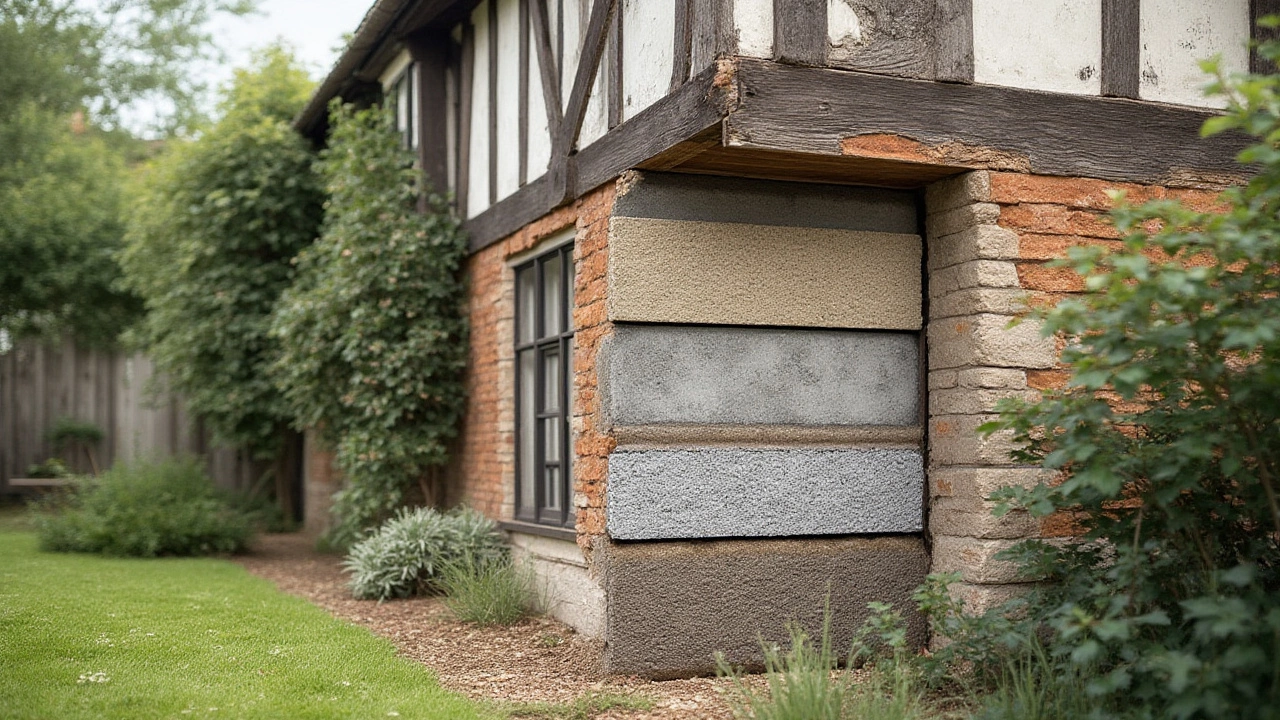Best Cement Types for Every Construction Project
If you’re building a wall, a slab or fixing a leak, the cement you choose can make or break the job. Too weak and cracks appear; too strong and it’s a waste of money. Below you’ll find the most reliable cement options and clear tips on when each one shines.
Why Cement Choice Matters
Different jobs need different strengths. A garden path only carries foot traffic, while a house foundation bears the whole building. Using the wrong mix can lead to early repairs, higher costs and safety issues. Picking the right cement saves time, reduces material waste and keeps your project within budget.
Top Cement Types and When to Use Them
Portland cement is the workhorse of the industry. It mixes well, hardens quickly and works for most concrete jobs – from driveways to structural slabs. If you’re doing a standard new build, this is the safest bet.
Masonry cement contains extra lime, which makes it more pliable for bricklaying and block work. It’s perfect for walls that need a smooth finish and a little extra flexibility, especially in historic renovations where movement is common.
Rapid‑set cement cures in hours instead of days. Use it for emergency repairs, like a leaking pipe or a cracked driveway that can’t wait for a long cure time. It’s more expensive, so reserve it for time‑critical jobs.
White cement offers a clean, bright look for decorative concrete, stamped floors or architectural features. It behaves like Portland cement but adds aesthetic value when you need a visible finish.
High‑early‑strength cement develops strength faster than regular Portland cement, making it ideal for precast elements or projects with tight schedules. It’s a good choice when you need to remove formwork early.
When selecting cement, check the label for the Strength Class (e.g., 30 MPa, 40 MPa). Higher numbers mean stronger concrete, but they also require careful mixing and curing. Always follow the manufacturer’s water‑to‑cement ratio to avoid weak spots.
In addition to the cement type, consider the aggregates and admixtures. Good sand, gravel and a water‑reducing agent can boost workability and durability. A small amount of plasticiser can make mixing easier without sacrificing strength.
For most homeowners, a simple rule works: use Portland cement for foundations and slabs, masonry cement for walls, and rapid‑set cement only when you can’t wait. If you’re unsure, give a local professional a call – they can recommend the exact blend for your soil, climate and project size.
Choosing the right cement today means fewer cracks tomorrow. Keep these tips handy, match the cement to the job, and you’ll build stronger, longer‑lasting structures without unnecessary hassle.

